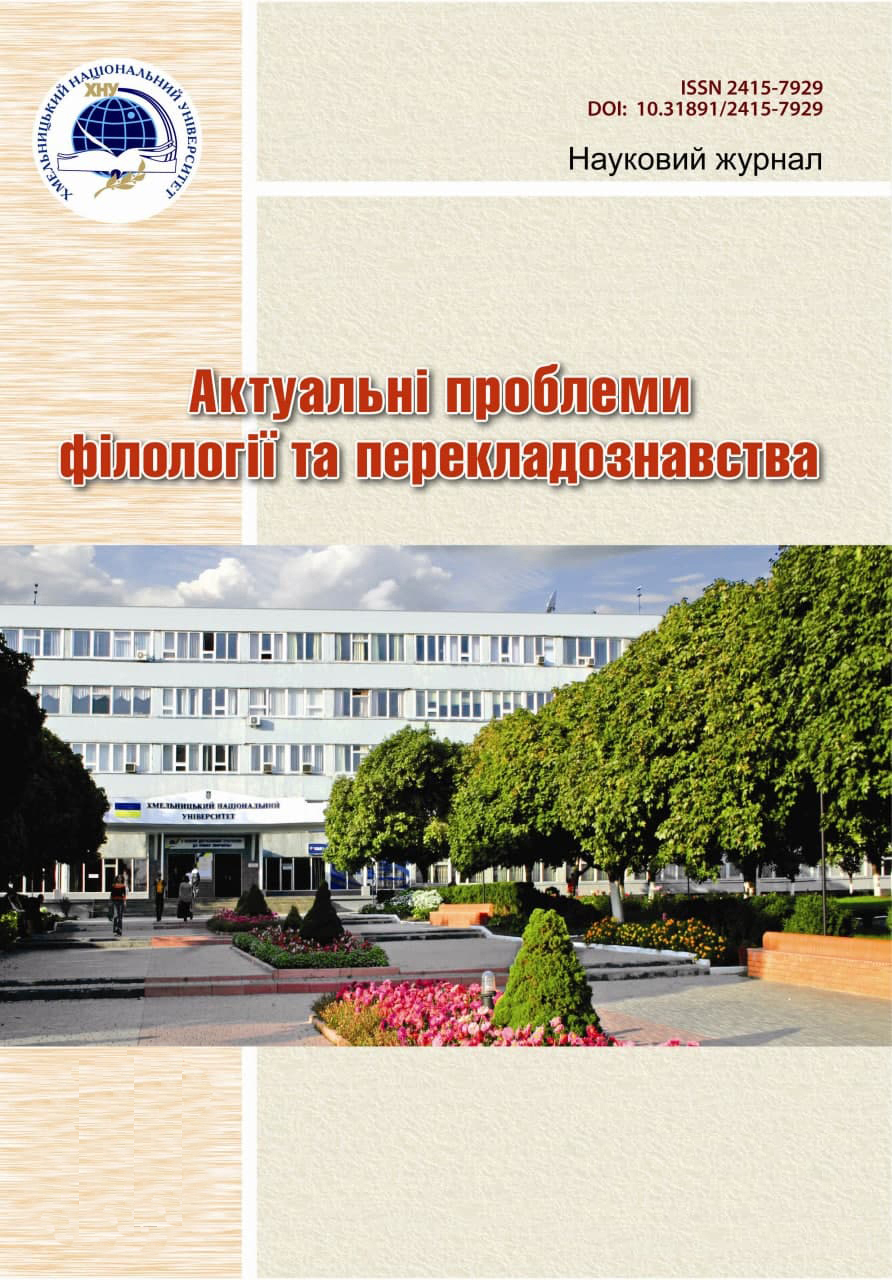NEOLOGISMS IN MODERN ENGLISH-LANGUAGE PERIODICALS
DOI:
https://doi.org/10.31891/2415-7929-2024-32-4Keywords:
neologism, word formation, English-language periodicals, media discourse, journalism, compounding, sociocultural changesAbstract
The article explores neologisms in English-language periodicals, using The Economist and Guardian Weekly as examples. The author examines the modern changes in the English language driven by technological development, social transformations, and globalization. The neologisms that emerge in these publications reflect new realities in the political, social, economic, and environmental spheres.
The article focuses on the word-formation processes of neologisms, such as compounding, blending, affixation, telescoping, and metaphorical transfer. Each word-formation model is examined through examples of neologisms found in the texts of The Economist and Guardian Weekly.
The research emphasizes the significant role of the media in the creation and dissemination of neologisms, which actively shape public opinion. Media discourse uses neologisms to draw attention to new social trends, political processes, and economic phenomena. Special attention is given to the pragmatic aspects of neologisms, their impact on readers, and society as a whole.
Overall, the article demonstrates that neologisms are a crucial tool for reflecting dynamic changes in the modern world, significantly influencing the development of the English language by enriching it with new lexical units. The author calls for further research to deepen the understanding of neologism formation mechanisms in the context of contemporary journalism and media.
Downloads
Published
Issue
Section
License
Copyright (c) 2024 Галина НАМАЧИНСЬКА, Марта ЦІТА (Автор)

This work is licensed under a Creative Commons Attribution 4.0 International License.

